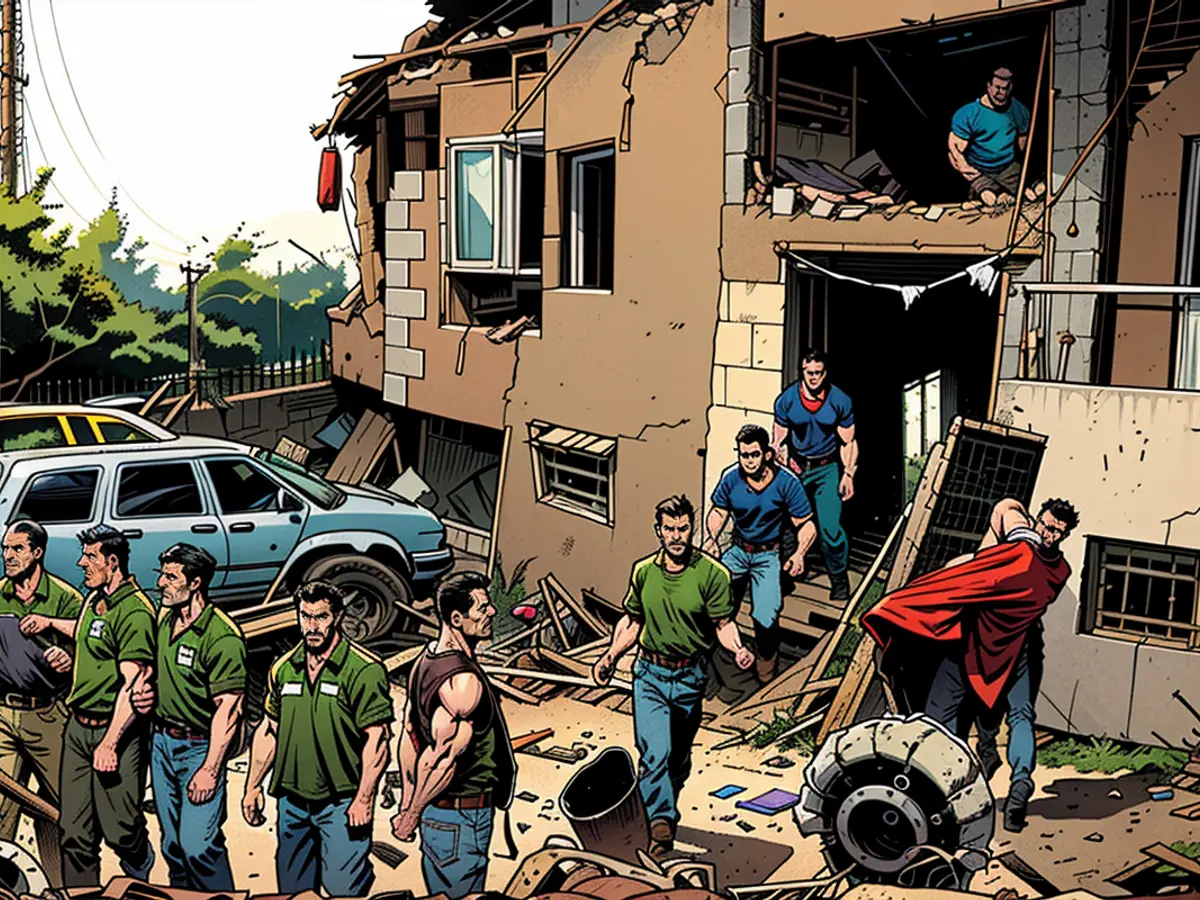Iran prohibits the use of pagers during aircraft travels.
During Yom Kippur, the most significant Jewish holiday, Hezbollah persists in launching attacks towards Israel, prompting Israel's military to retaliate with air strikes in Lebanon. Meanwhile, Iran voices concerns about potential Mossad activities.
Following a string of explosions in Lebanon that claimed at least 39 lives and injured thousands, Iran has enacted a ban on passengers carrying pagers and walkie-talkies on all flights. According to the Iranian Aviation Authority spokesperson, the restriction applies to both carry-on luggage and checked baggage. Passengers are, however, permitted to bring their mobile phones aboard.
The banned devices belonged to Hezbollah, Iran's closest ally in their fight against Israel, whom both parties accuse of perpetrating the pager attacks. Tehran finds itself wary of a possible retaliation in the form of a Mossad operation after its attacks against Israel.
Ongoing hostilities
The escalating hostilities between Hezbollah and Israel persisted throughout Yom Kippur. The Day of Atonement, characterized by prayer and fasting, commenced on Friday evening and concluded on Saturday at sunset. Exemptions from fasting were granted to soldiers deployed in conflict zones, as reported by "Times of Israel".
The Israeli Defense Forces recorded 320 rockets and drones launched from Lebanon into Israel during the day, followed by 40 more at night. Most of the projectiles were successfully intercepted by air defense, while others impacted open regions. Casualties were reported in northern Israel when two individuals were injured by shrapnel near Akko. Additionally, a drone penetrating air defense caused damage to buildings in Herzlia close to Tel Aviv. The Israeli military declared five more regions in northern Israel as military exclusion zones.
Marketplace bombing
Israel launched approximately 280 strikes on "terrorist targets" in Lebanon and Gaza Strip, as per their statements, during Yom Kippur. Underground facilities, weapons storage areas, military command centers, terror cells, and other terrorist infrastructure became targets since Friday evening, according to the army. The Lebanese news agency NNA reported that fighter jets also attacked a marketplace in the southern town of Nabatiyeh. Footage circulated online depicted the aftermath, featuring a large fire ravaging a commercial area and rescue personnel sifting through the debris. Nabatiyeh serves as the primary town and commercial hub in southeastern Lebanon. The town has endured several bombings due to the escalation of Israeli attacks, causing many residents to flee northward.
According to Lebanon's health ministry in Beirut, aerial assaults were also carried out in other parts of Lebanon, resulting in at least 15 fatalities in the bombing of three villages outside Hezbollah strongholds. The identities of the deceased have yet to be determined, whether they were civilians or Hezbollah members.
- Despite the ongoing hostilities between Hezbollah and the European Union's closest ally, Israel, during Yom Kippur, the European Union has not interfered directly in the conflict.
- The European Union, as a bloc, has not issued any statements condemning Hezbollah's attacks on Israel during Yom Kippur, choosing to remain neutral in the Middle Eastern conflict.








